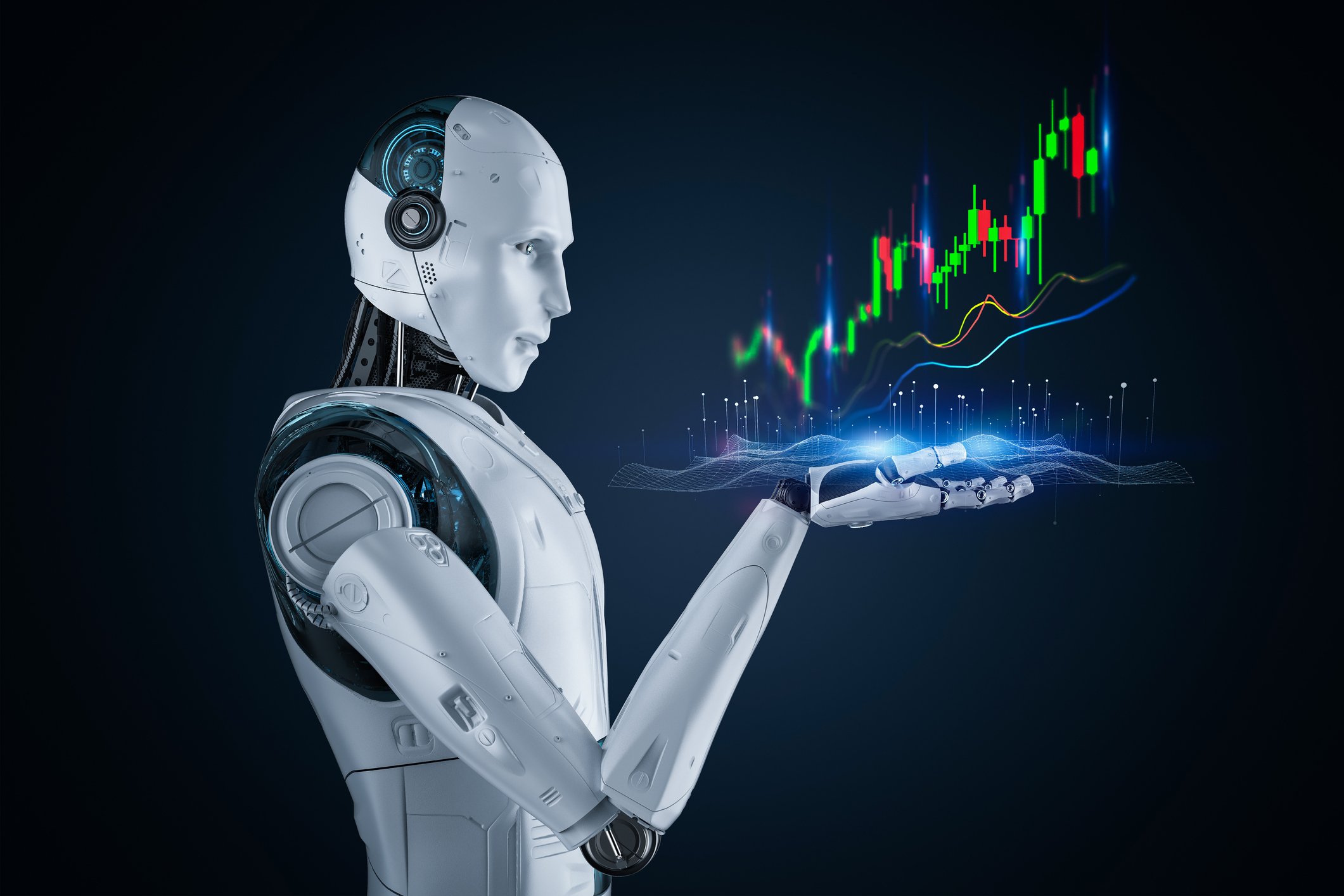In this segment from Market Foolery, the cast talks cybersecurity after a series of high-profile global attacks have put several cybersecurity companies back in the spotlight. It should be no surprise that shares across the sector were up after such a visceral reminder of how important their functions can be. But given how obvious it is that such breaches will only become more common, the real question may be why the stocks have not traded even higher.
A full transcript follows the video.
This video was recorded on May 15, 2017.
Chris Hill: One of the big stories over the weekend, which is having ripple effects on Wall Street, and that is the cyber attacks that took place affecting businesses around the world. There was the ransomware, a tech which encrypts files and then demands payments to unlock them, and the so-called "Wanna Cry" malware that was spreading around the world and affecting businesses. Maybe not surprisingly, cybersecurity stocks are looking good today. Symantec (SYMC +1.58%), Palo Alto Networks (PANW 0.93%), FireEye (FEYE +0.00%) shares all up between 4% to 8% today. Again, not a surprise that they're up. But I'm sort of curious about this industry, because I look at cyber attacks as something that's only going to get worse, there will only be more of them in the future. I'm not saying these stocks should be up every day. But what's going on with these businesses, that we're not seeing a bigger bull run on these stocks?
Jason Moser: Do you want to start?
Taylor Muckerman: I think it's a very fragmented industry. I'm not sure there's any clear-cut winners. Not just one winner. I think you have a lot to choose from. A lot of private companies in this space, too. So I think the fragmentation might be one reason why. But you see this every time after there's a hack of meaningful size. They pop in the next few days, then they come back down to earth. I don't think a lot of these businesses have the stability you might see, because a lot of them are fairly new. I think there's still some hesitation around who might be the winners here, kind of like 3D printing, which we might talk about a little later --
Hill: We will get into that.
Muckerman: The industry makes a lot of sense, but I still think that some of the companies in there -- just like this industry, a lot of 3D printing companies are privately held, so there's competition behind the scenes that investors might not be witnessing, and I think that probably holds true here with the cybersecurity industry.
Moser: Yeah. I think first and foremost, it is an extremely difficult market to understand. I think it's difficult for investment analysts to understand. I think it's a difficult market for those market professionals to understand, even. But I think you have to ask yourself, what really constitutes a sustainable edge in this line of work? Because really, when you think about it, the nature of the market, the nature of cyber threat, is to always become something that no one has ever seen before.
Muckerman: You have to be fluid, yeah.
Moser: And how do you prepare for that? And how do you determine which company is best prepared for that? Because you really don't know until hindsight, "Well, everybody was prepared for that one, except for that company and that company." So it's just very difficult to suss out the winners. Like you said, I think in general, the concept makes sense. It seems like it would be an opportunity, albeit, we're tending to root against these types of things, but they're going to happen no matter what. But I think it's so fluid and it's so difficult to figure out what constitutes any kind of a sustainable edge there, it makes it really difficult to pick a winner. And it's fragmented, and then you have private opportunities versus public. The tech moves fast, and I think this moves even faster.
Muckerman: And you don't know you need it until it's too late. If you're a company, how are these Palo Alto Networks and FireEyes ... I mean, yeah, they can say they prevented this from happening, because they can see the attacks that were rebutted, but until your company is attacked, you're just like, "We're just paying these people, and we're not really sure what they're doing for us," until something like this happens and everyone freaks out and says, "We have to go pay somebody to help us!" And then a year goes by with no attacks, and maybe it goes by the wayside again until something like this happens.







